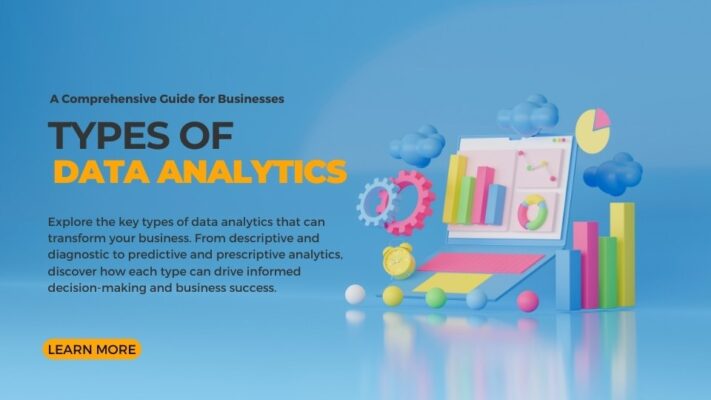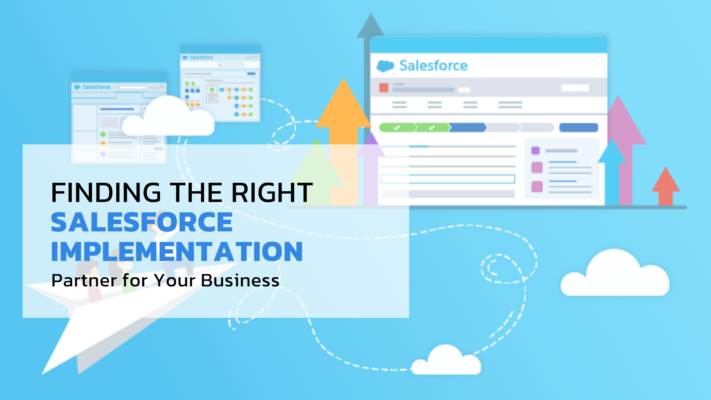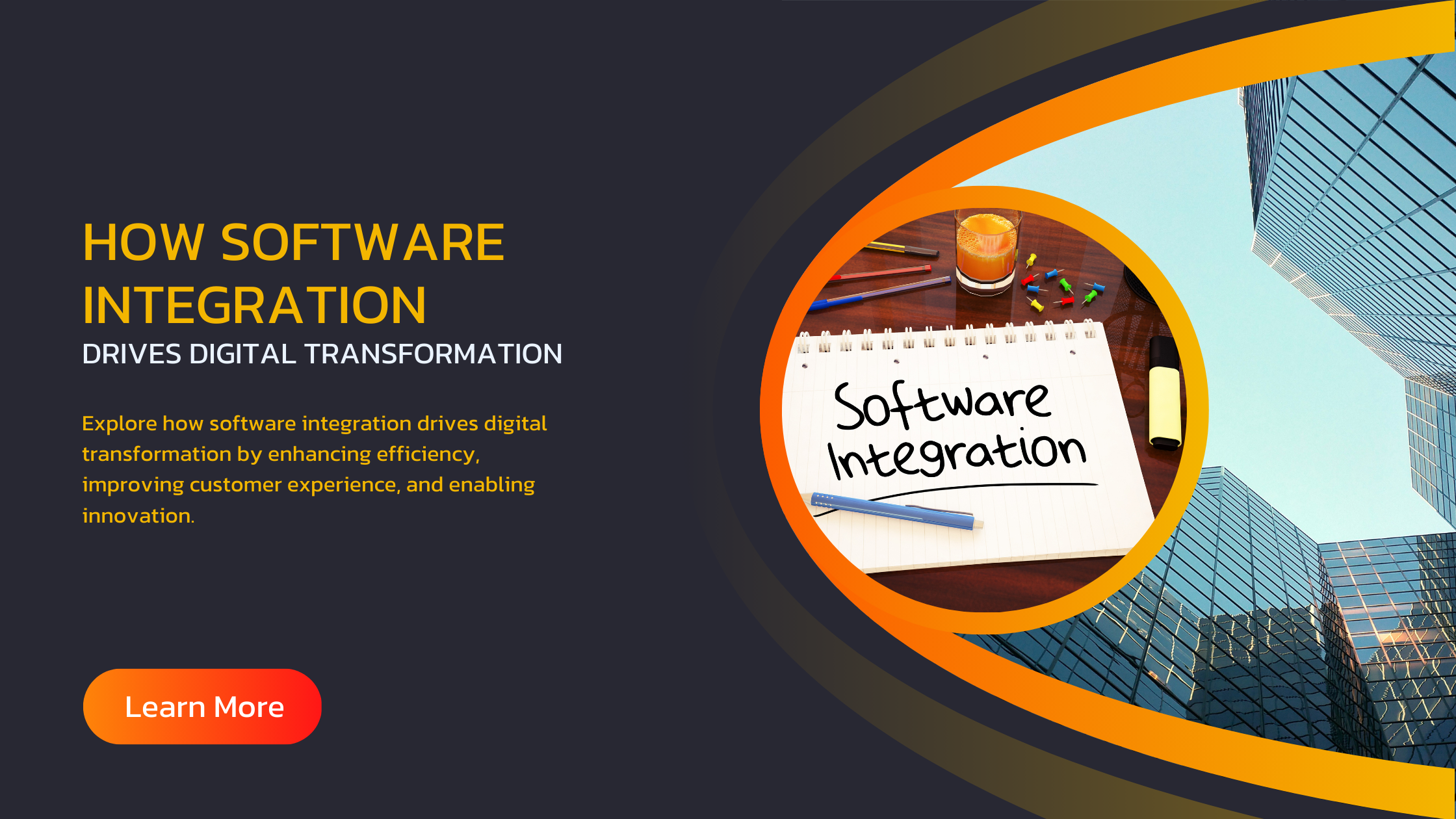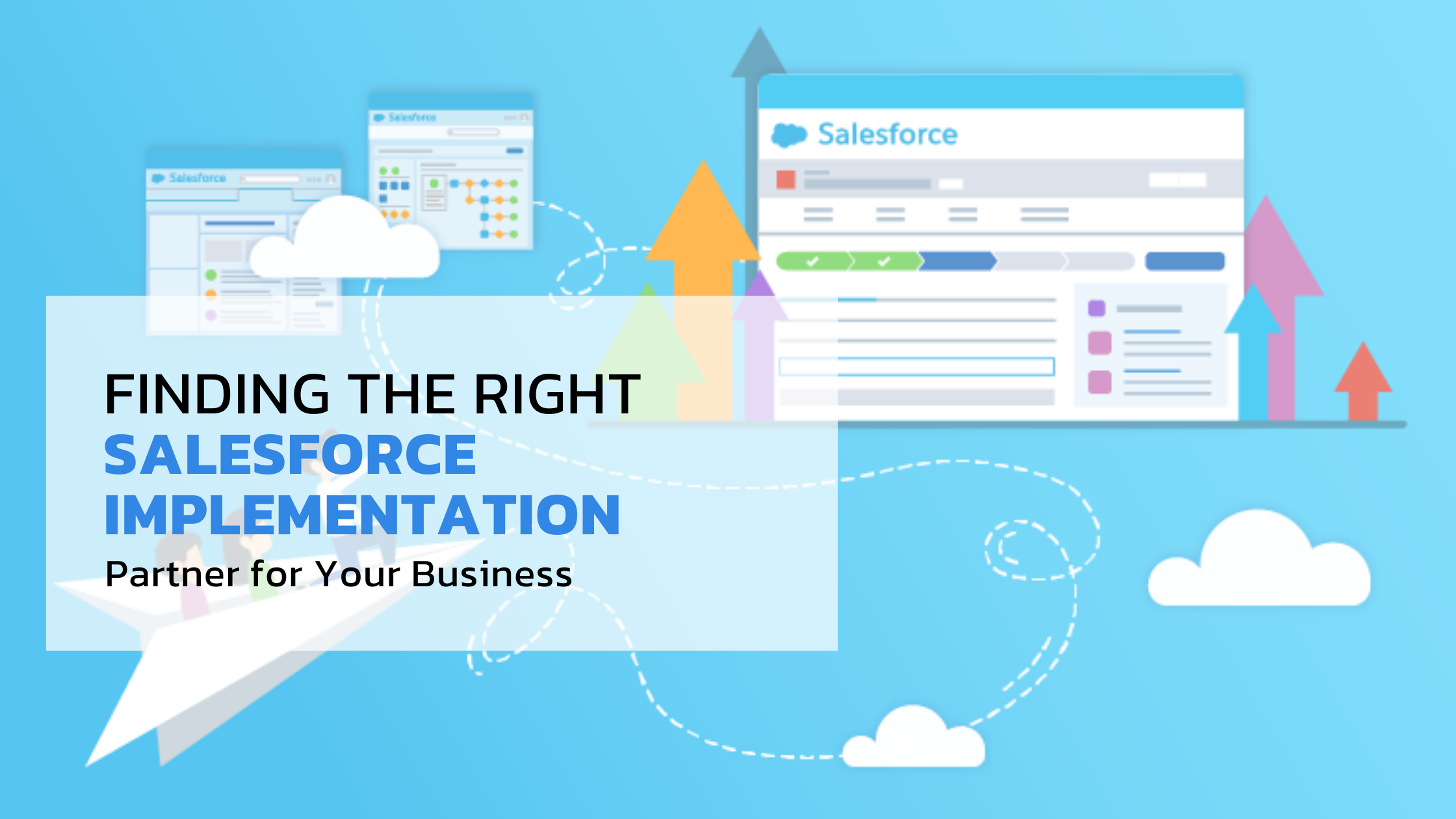
Data analytics is an essential tool for businesses seeking to gain insights, make informed decisions, and stay competitive in today’s fast-paced environment. This comprehensive guide will delve into the different types of data analytics, exploring their applications, benefits, and how they can drive business success. Understanding the various types of data analytics is crucial for any business aiming to leverage data effectively.
Introduction to Data Analytics
Data analytics involves examining raw data to draw meaningful insights and conclusions. It is a multifaceted discipline that includes various techniques and processes. Businesses use data analytics to understand trends, identify patterns, and make strategic decisions. The primary types of data analytics are descriptive, diagnostic, predictive, and prescriptive analytics. Each type serves a different purpose and provides unique insights.
1. Descriptive Analytics
Definition and Purpose
Descriptive analytics is the process of summarizing historical data to understand what has happened in the past. It focuses on data aggregation and data mining techniques to provide a clear picture of historical trends and patterns.
Applications
1. Sales Analysis: Businesses use descriptive analytics to analyze sales data, track performance over time, and identify seasonal trends.
2. Customer Behavior: Understanding customer behavior through historical data helps in tailoring marketing strategies and improving customer satisfaction.
3. Operational Efficiency: Companies can analyze operational data to identify bottlenecks and areas for improvement.
Benefits
– Improved Decision-Making: Provides a solid foundation for making informed decisions based on historical data.
– Performance Monitoring: Helps in tracking performance metrics and identifying areas that need attention.
– Resource Optimization: Aids in optimizing resources by identifying patterns and trends.
2. Diagnostic Analytics
Definition and Purpose
Diagnostic analytics goes a step further by examining why certain events occurred. It involves data discovery, drill-down, and data mining techniques to identify the root causes of past events.
Applications
1. Problem Identification: Helps businesses identify the reasons behind poor performance or operational issues.
2. Customer Insights: Provides deeper insights into customer behavior and preferences.
3. Quality Control: Assists in identifying the root causes of product defects or quality issues.
Benefits
– Root Cause Analysis: Enables businesses to pinpoint the reasons behind specific outcomes.
– Enhanced Problem-Solving: Facilitates a deeper understanding of issues, leading to better problem-solving strategies.
– Data-Driven Insights: Provides actionable insights based on thorough data analysis.
3. Predictive Analytics
Definition and Purpose
Predictive analytics uses historical data to predict future outcomes. It employs statistical algorithms, machine learning techniques, and data mining to forecast trends and behaviors.
Applications
1. Sales Forecasting: Helps businesses predict future sales and revenue based on historical data.
2. Risk Management: Assists in identifying potential risks and developing strategies to mitigate them.
3. Customer Retention: Predicts customer churn and enables businesses to take proactive measures to retain customers.
Benefits
– Proactive Decision-Making: Allows businesses to make proactive decisions based on predicted outcomes.
– Improved Planning: Enhances strategic planning by providing accurate forecasts.
– Competitive Advantage: Provides a competitive edge by anticipating market trends and customer behavior.
4. Prescriptive Analytics
Definition and Purpose
Prescriptive analytics goes beyond predicting future outcomes by recommending actions to achieve desired results. It combines data analysis with optimization techniques to provide actionable recommendations.
Applications
1. Supply Chain Optimization: Recommends the best course of action to optimize supply chain operations.
2. Marketing Strategies: Suggests optimal marketing strategies based on customer data and market trends.
3. Resource Allocation: Provides recommendations for efficient resource allocation.
Benefits
– Actionable Insights: Delivers actionable recommendations based on data analysis.
– Enhanced Efficiency: Improves operational efficiency by suggesting optimal actions.
– Informed Decision-Making: Supports informed decision-making by providing data-driven recommendations.
Other Types of Data Analytics
Exploratory Data Analysis (EDA)
Exploratory Data Analysis (EDA) is an approach for analyzing data sets to summarize their main characteristics. It involves visual techniques to understand data patterns, detect anomalies, and check assumptions.
Applications
1. Data Exploration: Used to explore data sets and understand their structure.
2. Anomaly Detection: Helps in identifying anomalies and outliers in data.
3. Hypothesis Testing: Assists in testing hypotheses and validating assumptions.
Benefits
– Data Understanding: Provides a clear understanding of data sets.
– Improved Data Quality: Helps in identifying and correcting data quality issues.
– Informed Analysis: Facilitates informed data analysis by providing initial insights.
Inferential Analytics
Inferential analytics involves making inferences about a population based on a sample of data. It uses statistical techniques to draw conclusions and make predictions.
Applications
1. Market Research: Used in market research to make inferences about consumer behavior.
2. Quality Control: Helps in making inferences about product quality based on sample data.
3. Healthcare: Used in healthcare to make inferences about patient outcomes.
Benefits
– Accurate Predictions: Provides accurate predictions based on sample data.
– Cost-Effective: Reduces the need for analyzing entire populations.
– Informed Decision-Making: Supports informed decision-making by providing statistical insights.
Text Analytics
Text analytics involves analyzing unstructured text data to extract meaningful insights. It uses natural language processing (NLP) techniques to understand and interpret text data.
Applications
1. Sentiment Analysis: Used to analyze customer reviews and feedback to understand sentiment.
2. Content Analysis: Helps in analyzing content to identify key themes and topics.
3. Social Media Analysis: Used to analyze social media data and understand public opinion.
Benefits
– Customer Insights: Provides valuable insights into customer sentiment and preferences.
– Improved Marketing: Enhances marketing strategies by understanding customer feedback.
– Trend Analysis: Helps in identifying trends and patterns in text data.
The Role of Data Analytics in Business
Understanding the types of data analytics and their applications is crucial for businesses looking to leverage data effectively. Data analytics plays a vital role in various aspects of business operations, including:
Strategic Planning
Data analytics supports strategic planning by providing insights into market trends, customer behavior, and competitive landscape. Businesses can use these insights to develop effective strategies and stay ahead of the competition.
Operational Efficiency
By analyzing operational data, businesses can identify inefficiencies, optimize processes, and improve overall operational efficiency. Data analytics helps in streamlining operations and reducing costs.
Customer Relationship Management
Data analytics provides valuable insights into customer behavior and preferences, enabling businesses to tailor their marketing strategies and improve customer satisfaction. It helps in building strong customer relationships and enhancing customer loyalty.
Risk Management
Predictive and prescriptive analytics play a crucial role in risk management. By identifying potential risks and recommending actions to mitigate them, businesses can manage risks more effectively and ensure business continuity.
Innovation and Growth
Data analytics fosters innovation by providing insights into emerging trends and customer needs. Businesses can use these insights to develop new products and services, driving growth and staying competitive in the market.
Implementing Data Analytics in Business
To effectively implement data analytics in business, it is essential to follow a structured approach:
Define Objectives
Clearly define the objectives of data analytics initiatives. Understand what you aim to achieve and how data analytics can support your business goals.
Collect and Integrate Data
Collect data from various sources and integrate it into a centralized data repository. Ensure data quality and consistency to derive accurate insights.
Choose the Right Tools and Techniques
Select appropriate data analytics tools and techniques based on your objectives and data type. Invest in advanced analytics tools and technologies to leverage the full potential of data analytics.
Build a Skilled Team
Build a team of skilled data analysts, data scientists, and IT professionals to manage and execute data analytics initiatives. Provide training and development opportunities to enhance their skills.
Monitor and Evaluate
Continuously monitor and evaluate the performance of data analytics initiatives. Measure the impact on business outcomes and make necessary adjustments to improve effectiveness.
Challenges in Data Analytics
While data analytics offers numerous benefits, businesses may face several challenges:
Data Quality
Ensuring data quality is critical for accurate analysis. Businesses must address issues related to data accuracy, completeness, and consistency.
Data Integration
Integrating data from multiple sources can be challenging. Businesses need robust data integration strategies to consolidate data and derive meaningful insights.
Privacy and Security
Maintaining data privacy and security is essential to protect sensitive information. Businesses must comply with data protection regulations and implement strong security measures.
Skills Gap
There is a growing demand for skilled data professionals. Businesses need to invest in training and development to bridge the skills gap and build a competent data analytics team.
Cost
Implementing data analytics initiatives can be costly. Businesses need to carefully evaluate the cost-benefit ratio and allocate resources efficiently.
Future Trends in Data Analytics
The field of data analytics is continuously evolving. Some of the emerging trends include:
Artificial Intelligence and Machine Learning
AI and machine learning are transforming data analytics by enabling advanced predictive and prescriptive analytics. These technologies enhance the accuracy and efficiency of data analysis.
Big Data
The proliferation of big data is driving the need for advanced data analytics solutions. Businesses are leveraging big data analytics to gain deeper insights and make data-driven decisions.
Real-Time Analytics
Real-time analytics is becoming increasingly important for businesses. It enables real-time decision-making and enhances responsiveness to market changes and customer needs.
Data Visualization
Data visualization tools are gaining popularity as they make complex data more accessible and understandable. Businesses are using data visualization to communicate insights effectively.
Cloud Analytics
Cloud-based analytics solutions offer scalability and flexibility. Businesses are adopting cloud analytics to manage large data volumes and access advanced analytics capabilities.
Conclusion
Understanding the various types of data analytics is crucial for businesses seeking to leverage data for strategic advantage. Descriptive, diagnostic, predictive, and prescriptive analytics each offer unique insights that can drive informed decision-making and business success. By implementing data analytics effectively, businesses can improve operational efficiency, enhance customer relationships, manage risks, and foster innovation.
Data analytics is a powerful tool that can transform businesses and drive growth. As the field continues to evolve, businesses must stay updated with the latest trends and technologies to remain competitive.
For businesses looking to harness the power of data analytics, partnering with experts can be beneficial. Upcore Technologies offers comprehensive data analytics solutions to help businesses make data-driven decisions and achieve their goals. Explore how Upcore Technologies can support your data analytics journey and drive business success.
By understanding and implementing the right types of data analytics, businesses can unlock the full potential of their data and achieve remarkable outcomes.








